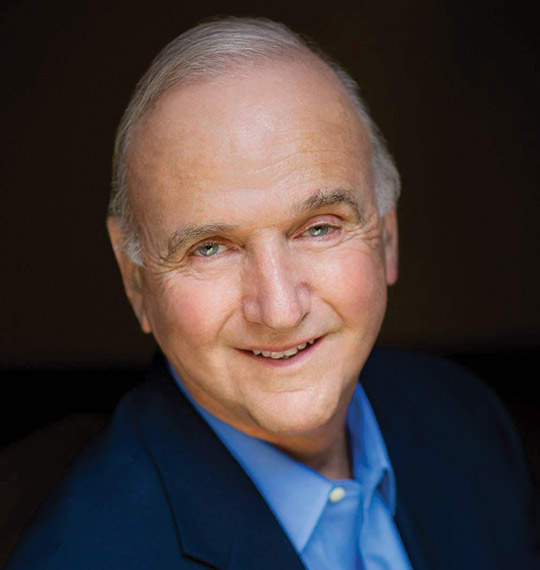Alumni Focus: What He Could Do For His Country
A member of the Kennedy inner circle, Stan Salett recalls fighting for civil rights, school reform and an end to poverty
“Movements aren’t built on leadership but on the movement itself — of individuals taking that first step from inertia to action, as if passing through a doorway,” says Stanley Salett (M.A. ’63).
As detailed in his memoir, The Edge of Politics: Stories from the Civil Rights Movement, the War on Poverty and the Challenges of School Reform (2011), Salett, who played key roles in all of those areas, has never left any doubt about which side of the door he stands on.
Salett was a graduate student at Harvard when he took a course guest-taught by TC education historian and future President Lawrence Cremin. Captivated by Cremin’s personal magnetism and vision of education as a tool for social change, Salett transferred to TC, where he represented TC on the Columbia University Student Council and succes s fully foug ht to end discriminatory off-campus housing. He also met his future wife Elizabeth Pathy Salett (M.A.’62), who later founded the National Multicultural Institute.
Af ter TC, Salett headed to Washington, where he subsequently served all three Kennedy brothers. During JFK’s administration, Salett worked in the U.S. Department of Labor, as a member of the Committee on Youth Employment, and on the President’s Committee on Juvenile Delinquency and Youth Crimes, chaired by Attorney General Robert Kennedy. He later served as aide to Senator Ted Kennedy during the latter’s unsuccessful 1980 presidential bid. Under Kennedy in-law Sargent Shriver, he also helped create the Head Start and Upward Bound programs, which offer students in need access to early childhood and higher education respectively.
“I could get on [with the Kennedys] because I spoke Boston — meaning you never let the other person finish their sentence,” says Salett, a Massachusetts native who last year received the Claiborne Pell Award from the New England Educational Opportunity Association.
Salett particularly admired RFK’s ability to connect with outsiders and bring them into the circle of discussion, and for his commitment to his personal ideals.
“While I was working for Bobby Kennedy, I was at times getting arrested on the weekends in civil rights demonstrations and then coming into work with my name in the newspaper,” he recalls. “He was aware of my split life and never discouraged me from my work with CORE” (the Congress of Racial Equality).
Not that Salett would likely have refrained from doing it.
“The civil rights movement is often described as having been led by a relatively small group of exceptional individuals,” he says. “But in my view, the movement itself was the outcome of a great many ordinary individuals taking extraordinary action.”
Stan Salett is proud to consider himself one of them.
—Kelsey Rogalewicz
Published Friday, May. 30, 2014
